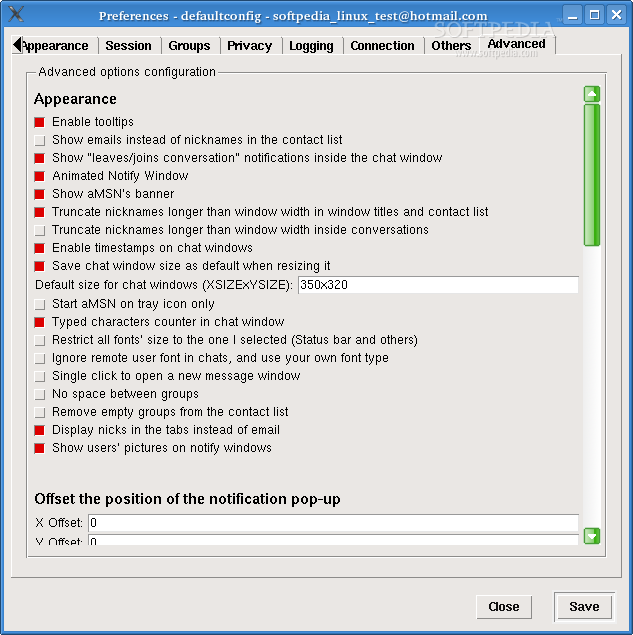
#List of amsn programs full#
Before you choose a school, make sure you have calculated the full cost of the program, including tuition, mandatory fees, materials costs and housing and/or the cost of commuting. Program Cost: Tuition for a master's entry nursing program varies from school to school, based on factors such as geographic location, online versus classroom format, a student's residency status and the type of school.For example, a program may be completed in more or less time if classes are taken on a full- or part-time basis, or if a distance learning format allows you to complete coursework at your own pace.

However, the exact timing can vary from school to school. Time Commitment: Most direct entry MSN degrees take around 3 years to complete.Typical courses for a master's entry nursing program include pharmacology, physiology, healthcare policy, advance care nursing principles, nursing leadership skills, as well as clinical practice hours. Curriculum: When researching a school, review the sample curriculum to make sure the course subjects cover what you are hoping to learn for the next step in your career.Online, or "distance learning" programs, may be particularly attractive for students who are working or caring for family members while completing their degree because classwork can often be completed on your own schedule.

Distance Learning: MSN-level nursing programs may be offered in fully online or traditional on campus formats, and even in hybrid formats that combine online coursework with face-to-face learning. A program that has been properly accredited will provide you with a high quality nursing education that will prepare you for the next step in your career. Program accreditation by an organization such as the Commission on Collegiate Nursing Education (CCNE) or the Accreditation Commission for Education in Nursing (ACEN) ensures the program has been evaluated according to strict quality standards.

Choosing a Master's Entry to Nursing Practice Program


 0 kommentar(er)
0 kommentar(er)
